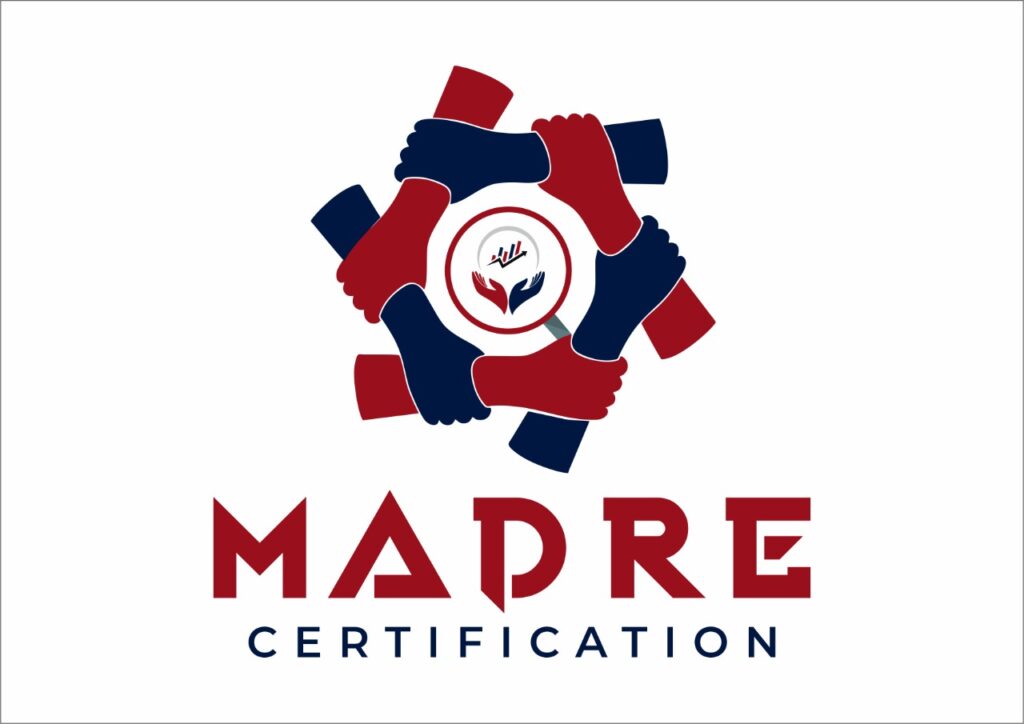Good Manufacturing Practice (GMP)
Good Manufacturing Practice (GMP) is a system for ensuring that products are consistently produced and controlled according to quality standards. It is designed to minimize the risks involved in any production that cannot be eliminated through testing the final product.
GMP covers all aspects of production from the starting materials, premises and equipment to the training and personal hygiene of staff. Detailed, written procedures are essential for each process that could affect the quality of the finished product. There must be systems to provide documented proof that correct procedures are consistently followed at each step in the manufacturing process – every time a product is made.
Good manufacturing practice guidelines provide guidance for manufacturing, testing, and quality assurance in order to ensure that a food or drug product is safe for human consumption. Many countries have legislated that food, pharmaceutical and medical device manufacturers follow GMP procedures and create their own GMP guidelines that correspond with their legislation.
All guidelines follow a few basic principles:
- Hygiene: Pharmaceutical manufacturing facility must maintain a clean and hygienic manufacturing area.
- Controlled environmental conditions in order to prevent cross contamination of food or drug product from adulterants that may render the product unsafe for human consumption.
- Manufacturing processes are clearly defined and controlled. All critical processes are validated to ensure consistency and compliance with specifications.
- Manufacturing processes are controlled, and any changes to the process are evaluated. Changes that have an impact on the quality of the drug are validated as necessary.
- Instructions and procedures are written in clear and unambiguous
- Operators are trained to carry out and document procedures.
- Records are made, manually or by instruments, during manufacture that demonstrate that all the steps required by the defined procedures and instructions were in fact taken and that the quantity and quality of the food or drug was as expected. Deviations are investigated and documented.
- Records of manufacture (including distribution) that enable the complete history of a batch to be traced are retained in a comprehensible and accessible form.
- The distribution of the food or drugs minimizes any risk to their quality.
- A system is available for recalling any batch from sale or supply.
- Complaints about marketed products are examined, the causes of quality defects are investigated, and appropriate measures are taken with respect to the defective products and to prevent recurrence.
Practices are recommended with the goal of safeguarding the health of consumers and patients as well as producing good quality food, medicine, medical devices, or active pharmaceutical products. In the United States, a food or drug may be deemed “adulterated” if it has passed all of the specifications tests, but is found to be manufactured in a facility or condition which violates or does not comply with current good manufacturing guideline. Therefore, complying with GMP is mandatory in all pharmaceutical manufacturing, and most food processing
GMP guidelines are not prescriptive instructions on how to manufacture products. They are a series of general principles that must be observed during manufacturing. When a company is setting up its quality program and manufacturing process, there may be many ways it can fulfill GMP requirements. It is the company’s responsibility to determine the most effective and efficient quality process.
The key benefits to GMP certification:
- Prove organization’s management capabilities in product quality, safety assurance
- Enable employees to develop good production / operations habits
- Reduce safety risk in product quality and safety
- Timely detect production and management problems, reduce cost
- Better understand and comply with the relevant laws and regulations
- Enhance the international credibility and public image
- Increase customer’s long-term confidence in the enterprise
